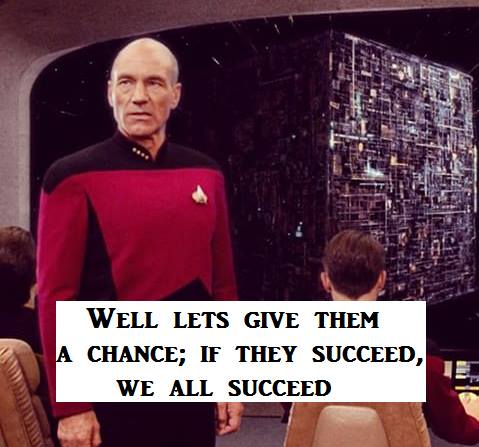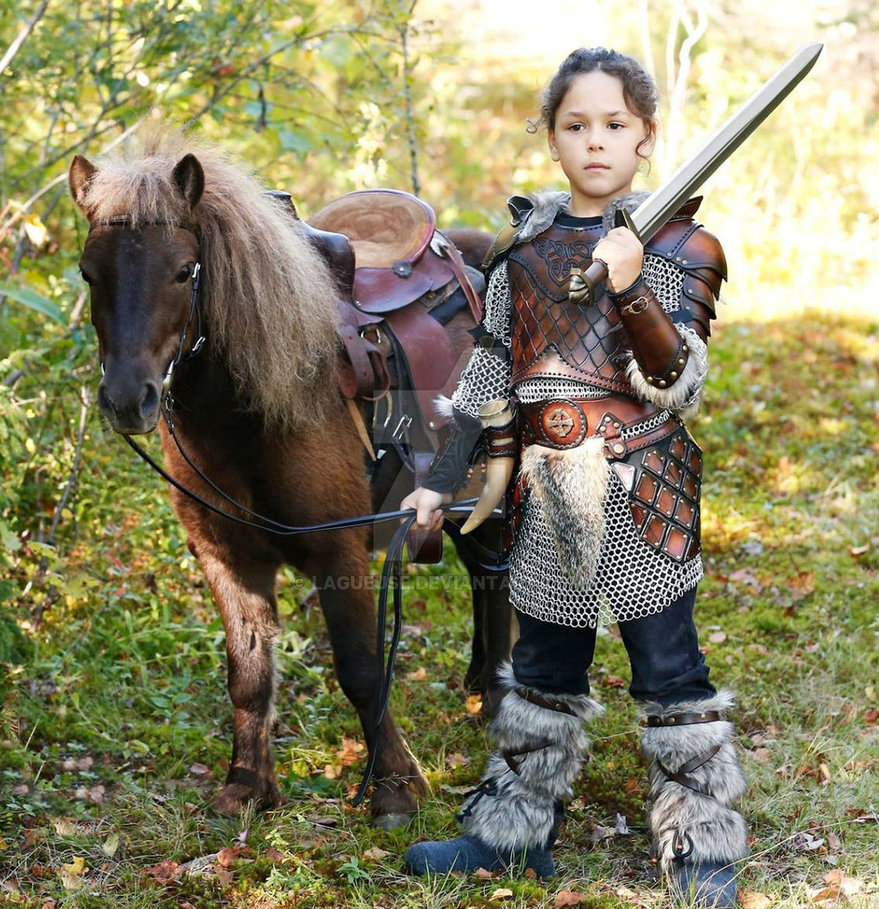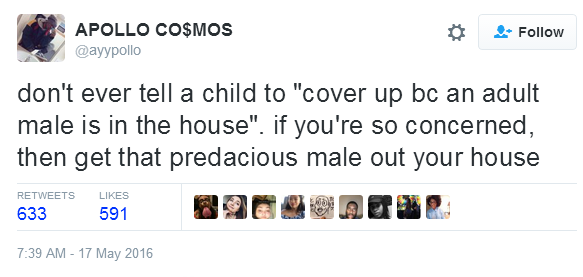Do you know which items are taxed and which aren’t?
Seattle, Wash. – Washington state has 694 tax exemptions, ranging from sales tax exemptions to business tax breaks.
These exemptions are
estimated to save taxpayers and businesses $105.9 billion between 2015
and 2017. Almost one-third of that amount is from retail sales and use
tax exemptions, according to a 2016 tax exemption study by the
Washington department of revenue.But consumers often don’t know why certain items are tax-free, while others are not.
Generally, food is not taxed, as
long as it was not prepared for on-site consumption. Plain water is not
taxed, but many other beverages are.Feminine hygiene products are taxed. Candy is not.
But even within a candy store,
“Several items at Fran’s are taxed, and several things are not taxed. So
this can be a little bit confusing for our customers,” said Andrina
Bigelow, the CEO of Fran’s Chocolates.Until 1935, no more than half a
dozen new exemptions appeared in any single year. But since 1990, state
legislators have enacted more than 340 new tax exemptions.Here’s a look at the rhyme and reason, or lack thereof, behind our state’s tax exemptions.
Food and Drinks
Prepared food is taxed, but food
that consumers take home to prepare is not taxed. But even with that
general rule, there are exceptions.“It is a lot of work for a small
business to figure out how to properly report on. And we spend quite a
bit of time,” Bigelow said.In the Georgetown location of Fran’s Chocolates, Bigelow showed KIRO 7 various items for sale that have different tax rules.
A box of chocolates is not taxed,
unless it is sold in a specially made, Japanese lacquer box. Because the
cost of the box itself makes up more than half the cost of the package,
the item is no longer considered ‘food’. Therefore, it is taxed.But Bigelow showed KIRO 7 a larger
lacquer box, which is not taxed. The cost of that lacquer box is just
under 50 percent of the total cost of the package, so the majority of
the cost is the chocolate. Therefore, it is not taxed.If staff in the store prepare a
cup of hot chocolate for a customer, that is considered a prepared item,
which is taxed. But a customer who buys a package of hot chocolate to
make at home will not pay tax.Water is not taxed. But any drink with natural or artificial sweeteners would be taxed.
Business and Occupation Tax
Washington state has 190 B&O
tax breaks, which cost the state $12.5 billion and cost local
governments $2.5 billion over a two-year period.Many tax breaks are for major industries like oil, timber, aviation and technology, to spur economic growth.
“Some of them make economic
sense, and they’re creating opportunities for economic development in
rural areas around the state,” said State Sen. Reuven Carlyle
(D-Seattle). “Some of them are categorically ridiculous, and they can’t
justify a return on investment if they tried.”How much revenue the state loses
By having 193 retail sales and use
taxes, the state loses out on close to $17 billion in tax revenue,
while local entities lose out on a combined $6.7 billion over a two-year
period.But even if these exemptions
didn’t exist, state and local governments would not necessarily collect
on all that money. Analysts figure that there are certain purchases
consumers simply would not make if they became taxed.Of the revenue that the state loses to exemptions, 33.5 percent come from retail sales and use tax breaks.
Business and occupation tax breaks make up another 22.6 percent. Property tax breaks make up 21.2 percent.
In comparison, more than 87 percent of local tax revenue lost to exemptions comes from property tax breaks.
A big picture look
Carlyle said in Washington, there are high tax rates, narrowly applied, with hundreds of exemptions.
“It’s such a Swiss cheese package
of upside down backwards mess, that it’s very difficult for us to pick
and choose one or two that are so egregious that raise substantial
amounts of money,” he said.Carlyle said it might make more
sense to lower the sales tax modestly and to use that money for
really-low income families in terms of a homestead exemption.Rep. Laurie Jinkins (D-Tacoma),
who spoke to KIRO 7 in August about proposing a sales tax exemption on
feminine hygiene products, said she would want to see what other
exemptions are perhaps unneeded.Proponents of eliminating sales
tax on feminine hygiene products like tampons or pads argue that such a
tax is essentially a tax on women.“We’ve chosen winners and losers, in a way that’s just exacerbating inequity in our state,” Jinkins said


